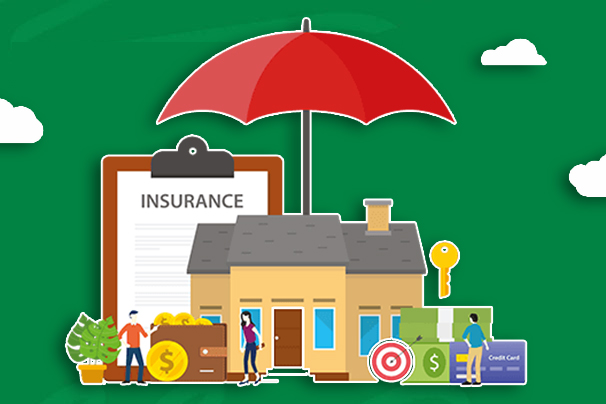Are you looking for insurance that can cover your property? If yes, property insurance should be the best choice for you. Almost all home coverage policies cover personal property, but they usually don’t offer sufficient coverage. That is the reason why it is important to have a detached policy that covers your properties. Irrespective of whether they are in your home or not.

“Property insurance” is a broad term for a series of policies that guards you from financial losses caused by property damage or other losses connected to your personal property. In this article, I will touch on all you need to know about property insurance. Also, how to compare quotes from different insurers, what it does not cover, and a lot more.
What Is Property Insurance?
Property insurance is a type of insurance that offers either property guard coverage or liability coverage for property owners. It mainly provides property defense coverage. Its key purpose is to keep and protect the policyholder’s property at the time of the loss.
There are a lot of policies on property coverage, including flood coverage, homeowners’ coverage, renters’ coverage, and earthquake coverage. A homeowner or renter’s policy is the person regularly covered by property coverage. It is generally covered by a rider (buying an additional policy). The policy will either repay the policyholder for the actual value of the damage or the replacement cost to get the problem solved whenever there is a claim.
How Property Insurance Works
Select weather, and related afflictions, with damage caused by wind, fire, smoke, wind, hail, the impact of lightning, snow and ice, and a lot more are natural dangers enclosed by property coverage. Wreckage and theft are also protected by property coverage covering the structure and its contents. It also offers liability coverage if someone other than the property owner or renter is injured while on the property and chooses to charge you for the cult.
Types of Property Insurance
There are only three (3) types of property coverage, which are as follows:
- Actual cash value.
- Extended replacement cost.
- Replacement cost.
Actual cash value
The replacement cost aside from devaluation will be paid to the owner or renter with this coverage. If the damaged item is 5 years old, you will also receive the value of a 5-year-old item, not a new one.
Extended replacement cost
With this type of property coverage, if the costs of building have gone up, this cost will pay more than the coverage limit. However, this regularly will not surpass 25% of the limit. The limit is the supreme amount of benefit the insurance company will pay for a given situation or incident whenever you buy insurance.
Replacement cost
This type of property insurance will cover the cost of fixing or replacing property at an identical value. The replacement cost values are prettier than the cash value of items.
Benefits of Property Insurance
There are some things you will benefit from if you have property insurance, and some of them are as follows:
- Coverage against loss due to theft or damage.
- Protection against financial hardship.
- Extend warranty.
- Different personal property plans.
The lists above are just some of the things you can benefit from if you have personal property insurance.
Special Considerations
A lot of homeowners buy a mixed policy that recompenses for physical loss or damage caused by 16 dangers, including wreckage, fire, and theft. The coverage that covers your home and other structures has certain settings and omissions. There is a programmed boundary that is on the coverage of certain valuables and figurines, including wedding rings, gold and other jewelry, firearms, furs, cash, and other items.
No coverage is regularly offered in coverage that covers your home and other structures for accidental breakage/damage and mysterious disappearance (lost or misplaced) of valuables, with antiques and fine art. A home insurance policy written on an open danger basis coverseverything in the coverage that covers your home and other structures but is pitched toward the structure itself and the property inside the home, including clothing, furniture, appliances, and other personal items.
Floods and earthquakes are not covered by an HO5. However, the insurance policies are accessible to homes that were either constructed in the last 30 years or renewed in the last 40 years, and they typically cover any damages at replacement cost.
Final Thought
In conclusion, you should know that none of the property insurance coverage levels refund the homeowner for property that breaks down or is damaged in more normal wear-and-tear situations, like a roof that starts to leak without damage from hail and wind.



